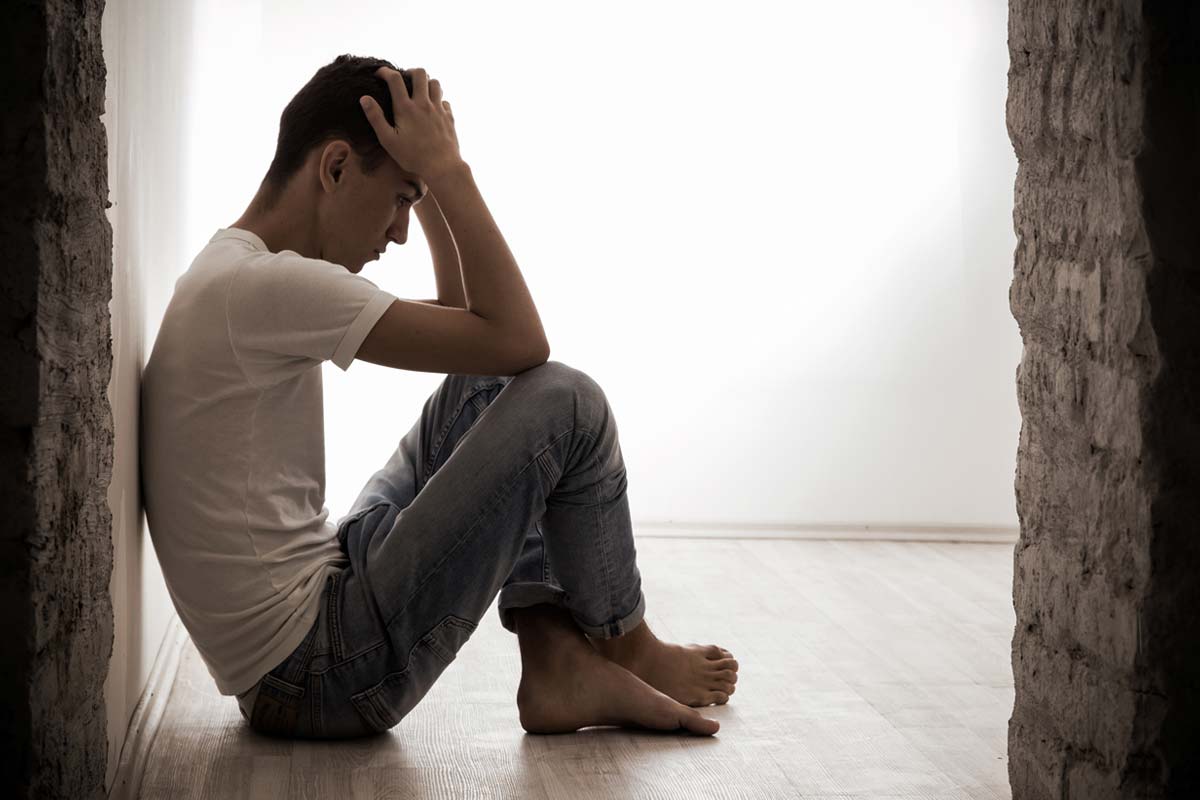According to the National Institute of Health (NIH), roughly one-in-five Americans are going through a mental health disorder. At the same time, less than 20% of those experiencing psychiatric problems seek help. Mental health challenges come in many forms—from anxiety and depression to bipolar disorder and schizophrenia—and the level of care needed can vary widely. While many people manage their mental health with outpatient therapy, medication, and support systems, there are times when residential care is the safest and most effective option.
So how do you know when it’s time to consider inpatient treatment?
You’re at Risk of Harming Yourself or Others
The most urgent reason to seek inpatient care is if you or a loved one is in immediate danger. This includes:
- Suicidal thoughts or plans
- Self-harming behaviors
- Homicidal thoughts or threats
- Aggressive or violent behavior
If you’re experiencing any of these, inpatient care provides 24/7 supervision, a secure environment, and immediate access to mental health professionals.

You’re Experiencing a Mental Health Crisis
A mental health crisis might include:
- Severe panic attacks
- Psychosis (hallucinations, delusions, paranoia)
- Intense mood swings
- Inability to function in daily life
- Self-harm or violent ideations
When symptoms become overwhelming and interfere with your ability to take care of yourself or stay safe, inpatient care can provide intensive stabilization and support.
Outpatient Treatment Isn’t Enough
If you’ve been receiving outpatient therapy and/or medication and your symptoms aren’t improving—or are getting worse—inpatient treatment might be the next step. It offers a structured, focused environment where treatment can be more closely monitored and adjusted.
You Need to Focus on Recovery
Inpatient care removes you from the stressors and triggers of everyday life. If your environment is contributing to your decline or preventing progress, a temporary stay in a healing-focused setting can provide the reset needed to make real progress.
You Have a Dual Diagnosis Health Disorder
Many inpatient programs are equipped to handle dual diagnosis (co-occurring disorders) when someone is dealing with both a mental health disorder and substance use. These situations require intensive, inpatient treatment and medications.
What to Expect in Inpatient Care
Inpatient mental health facilities were predominantly hospital settings just a few decades ago. However, that has dramatically changed with more stand-alone, live-in treatment centers that feel more like home instead of an institutional environment. Residential facilities vary, but most offer:
- 24/7 nursing & supervision
- Individualized psychotherapy
- Medication management
- Crisis intervention
- Discharge & continuing care planning
Making the Inpatient Treatment Decision
The decision to go inpatient isn’t easy, and there’s often stigma or fear surrounding it. But seeking help is a sign of strength, not weakness. If you’re unsure whether inpatient care is right for you, talk to a mental health professional, primary care doctor, or crisis line—they can help guide your next steps. Remember: you don’t have to wait for things to get unbearable. Early intervention can be life-saving.
About Celadon Recovery
Celadon is comprehensive addiction and mental health treatment center located along the shores of the Caloosahatchee River in Fort Myers, Florida. With a full-continuum of care including detox, residential, and outpatient programs, we are committed to quality substance use and co-occurring disorder care. Call us today at 239-266-2141.





